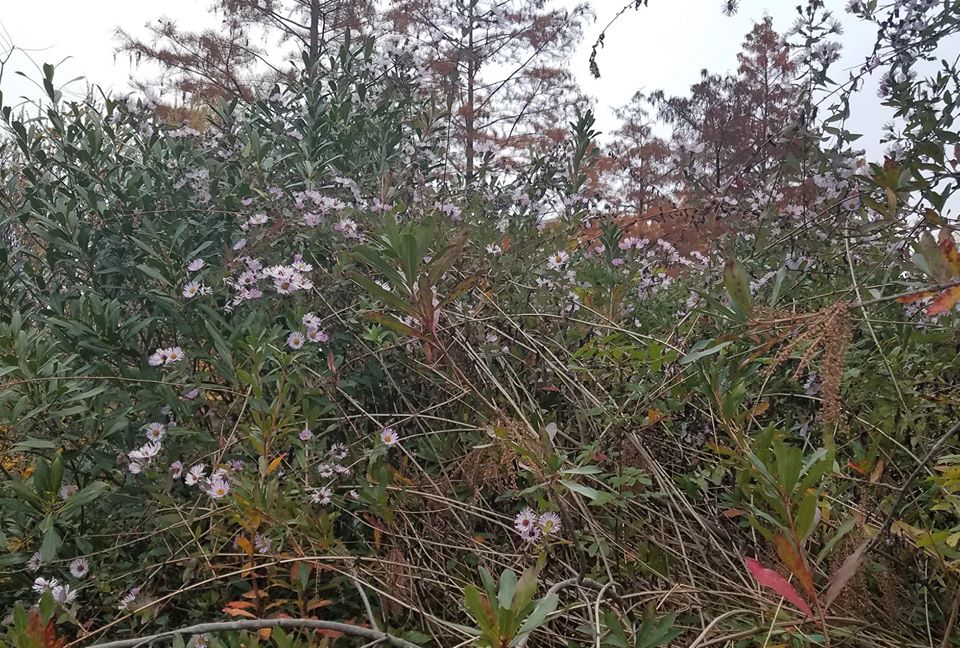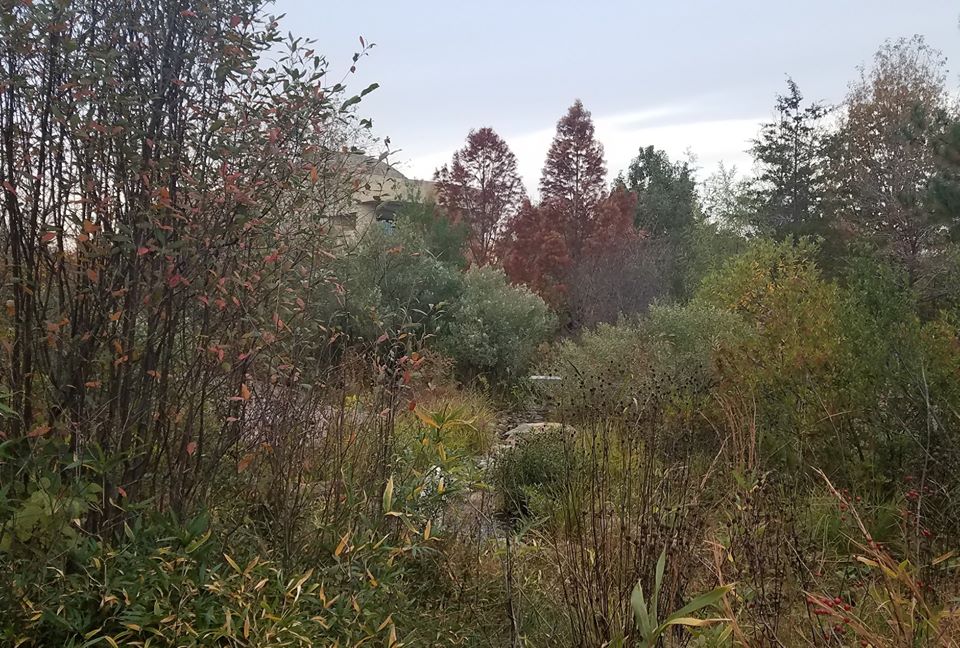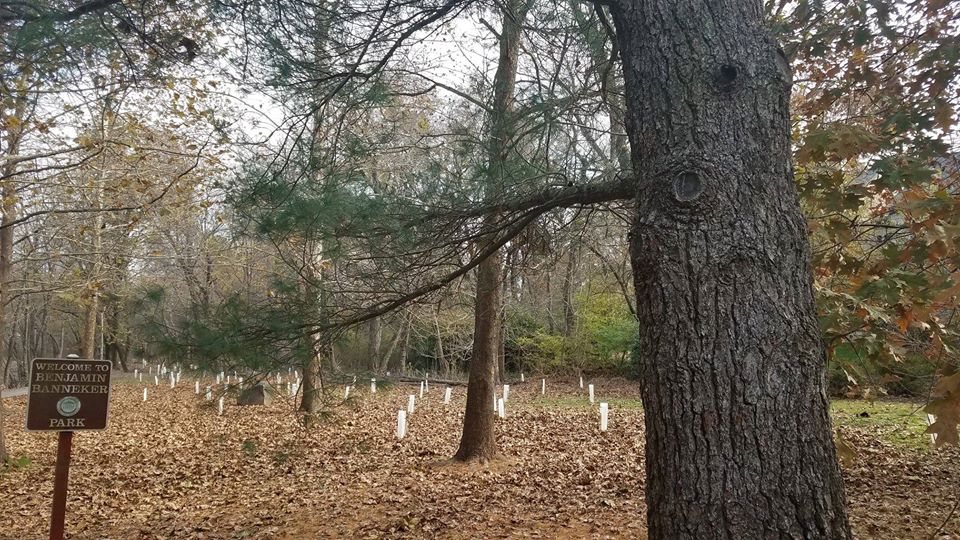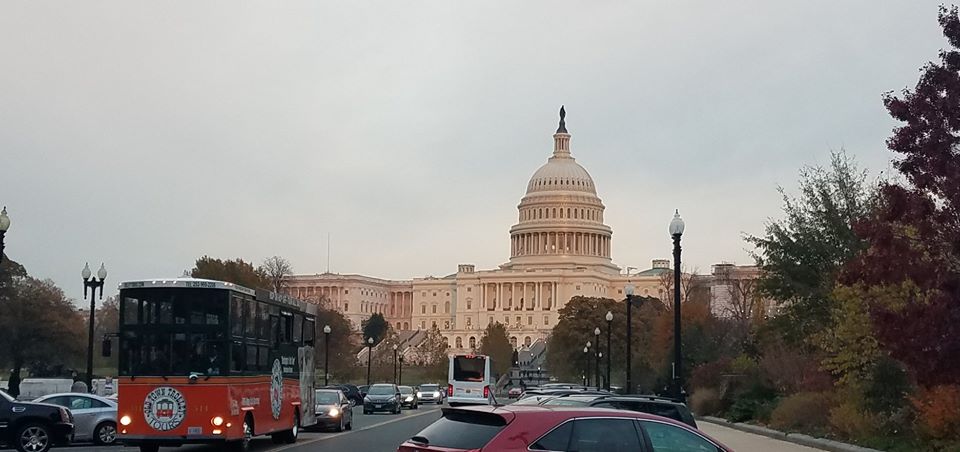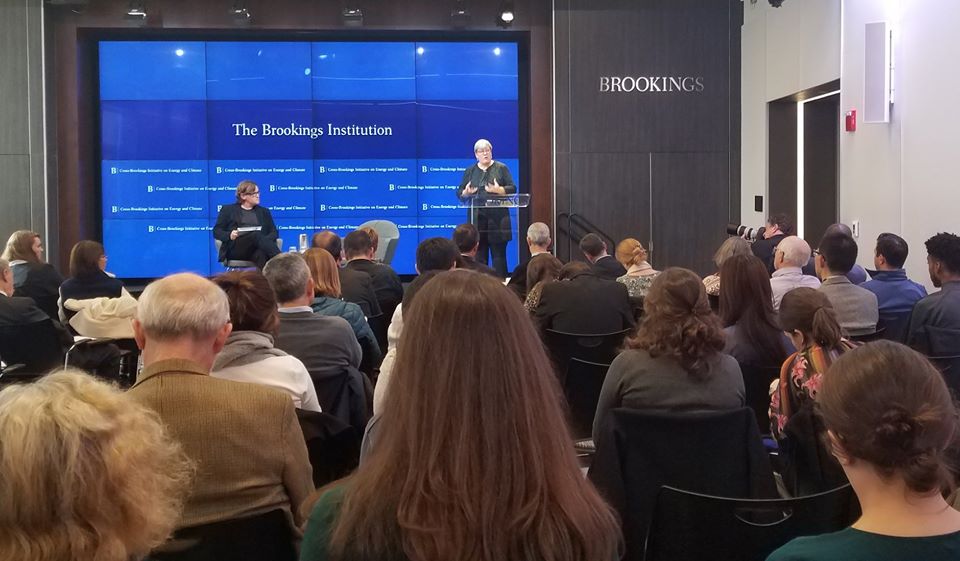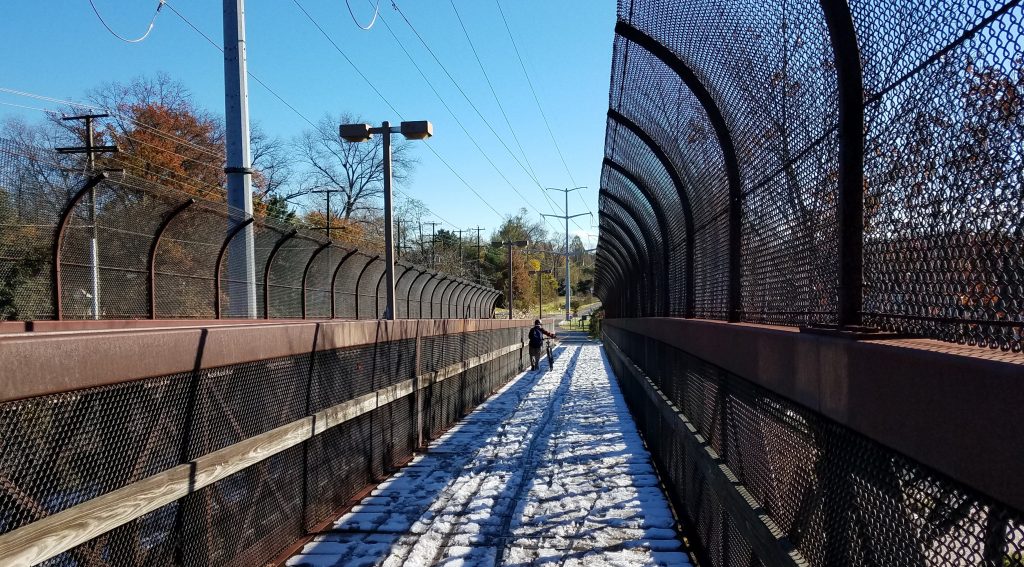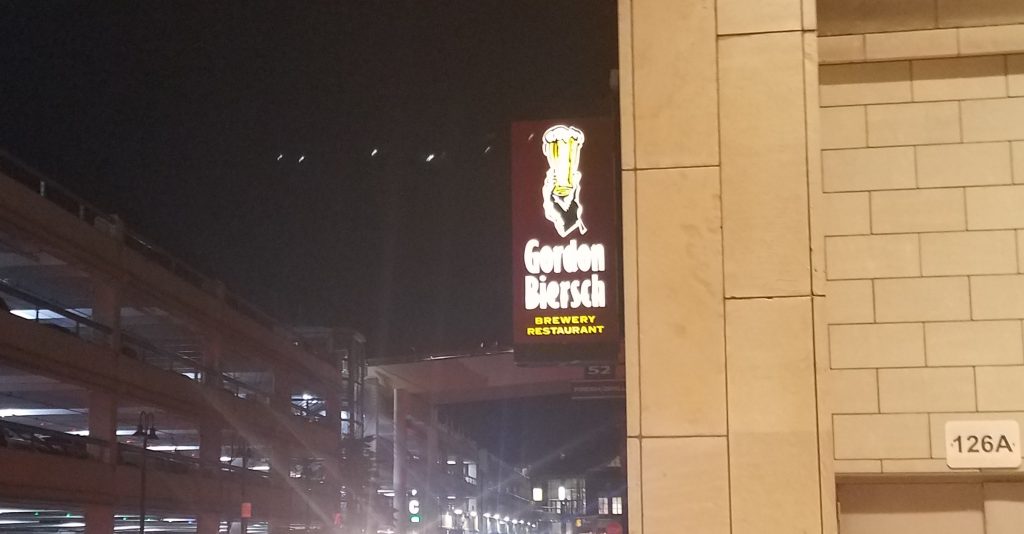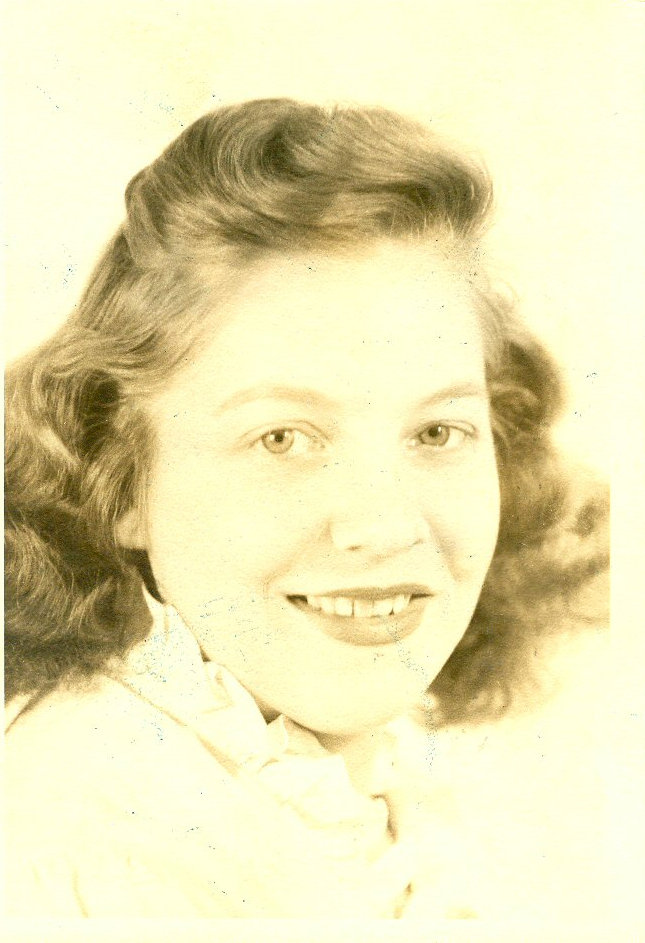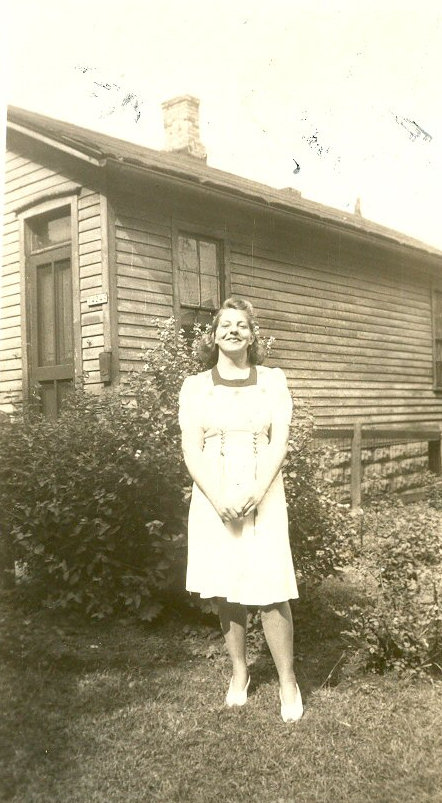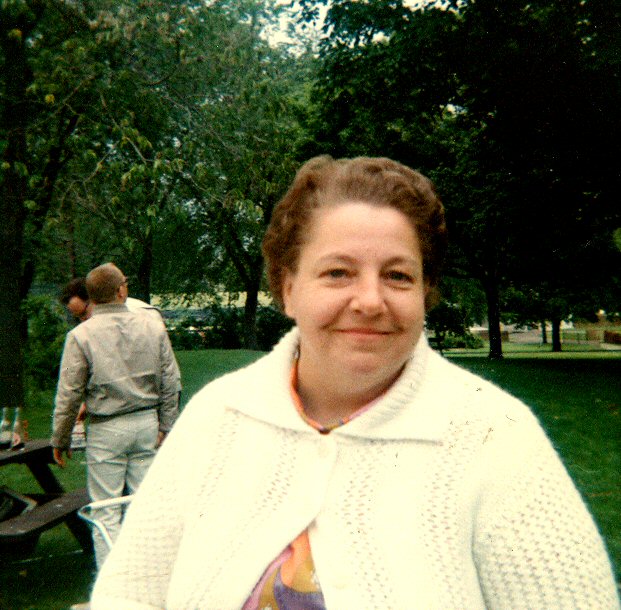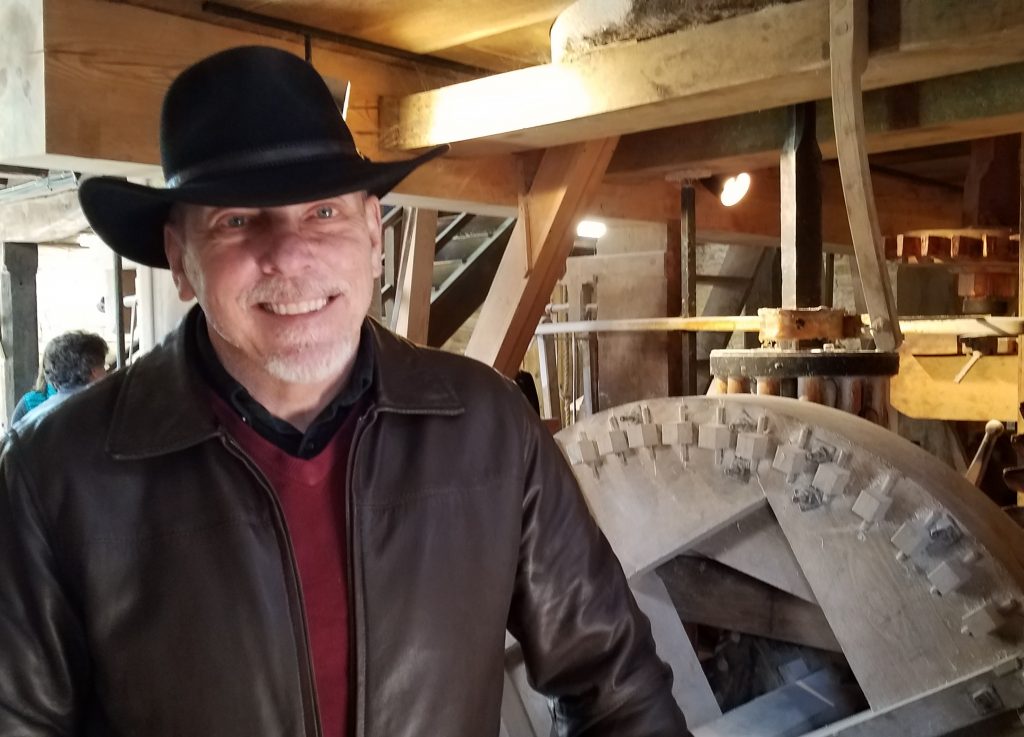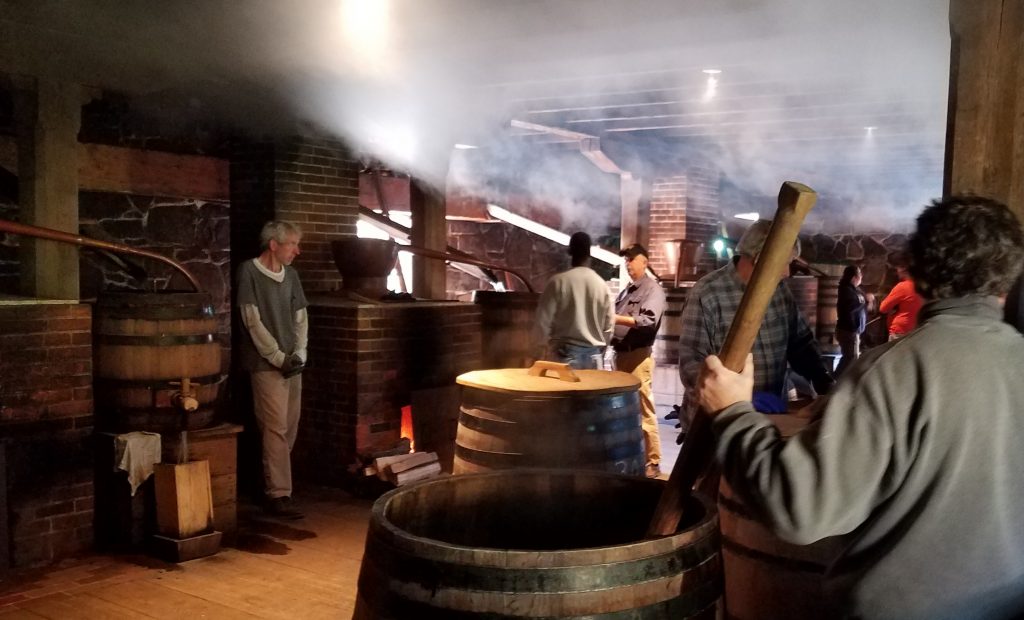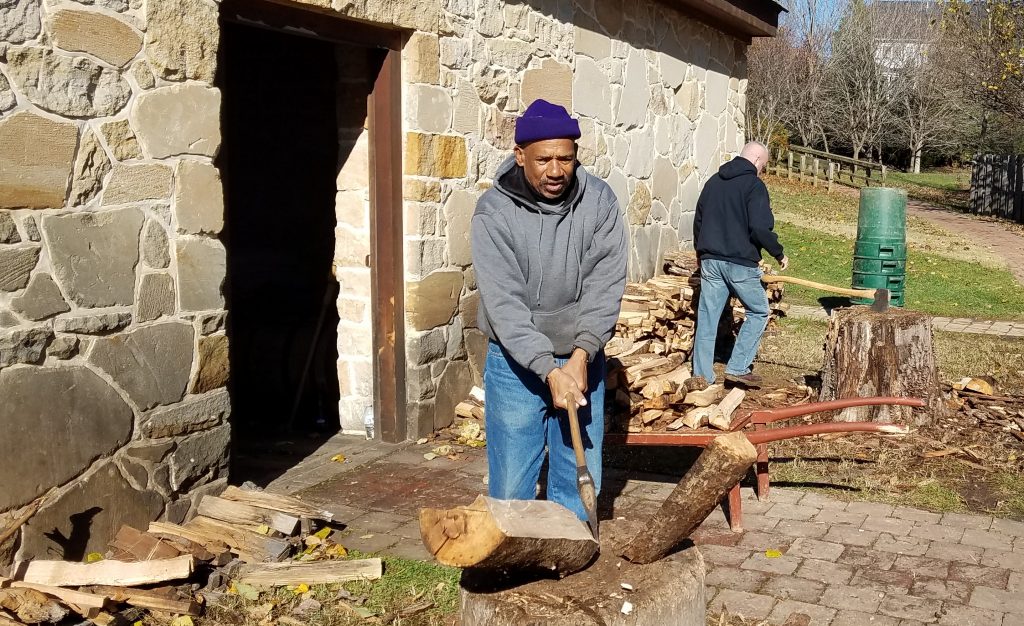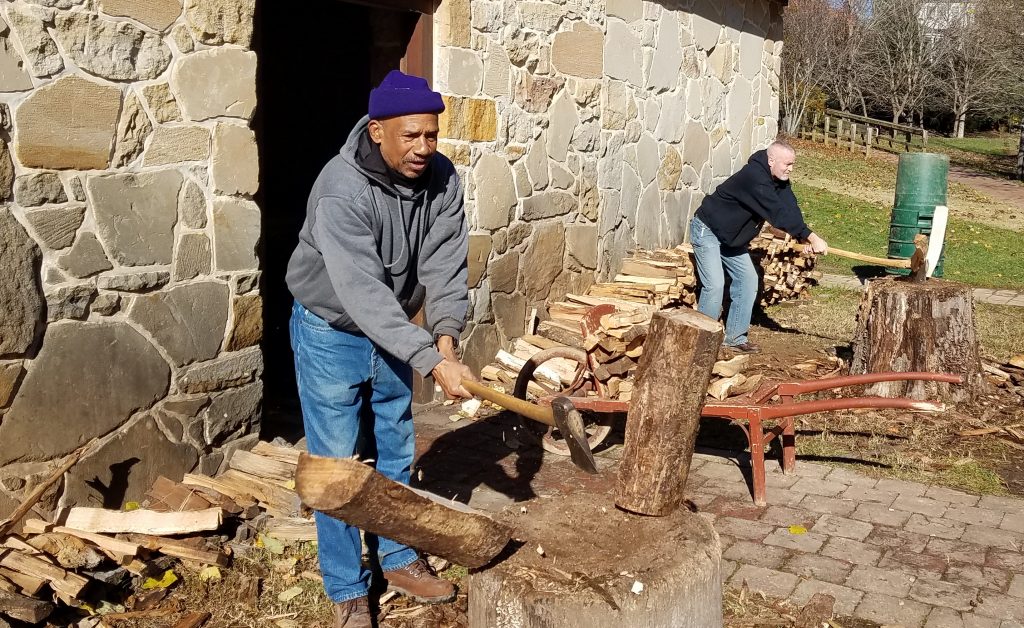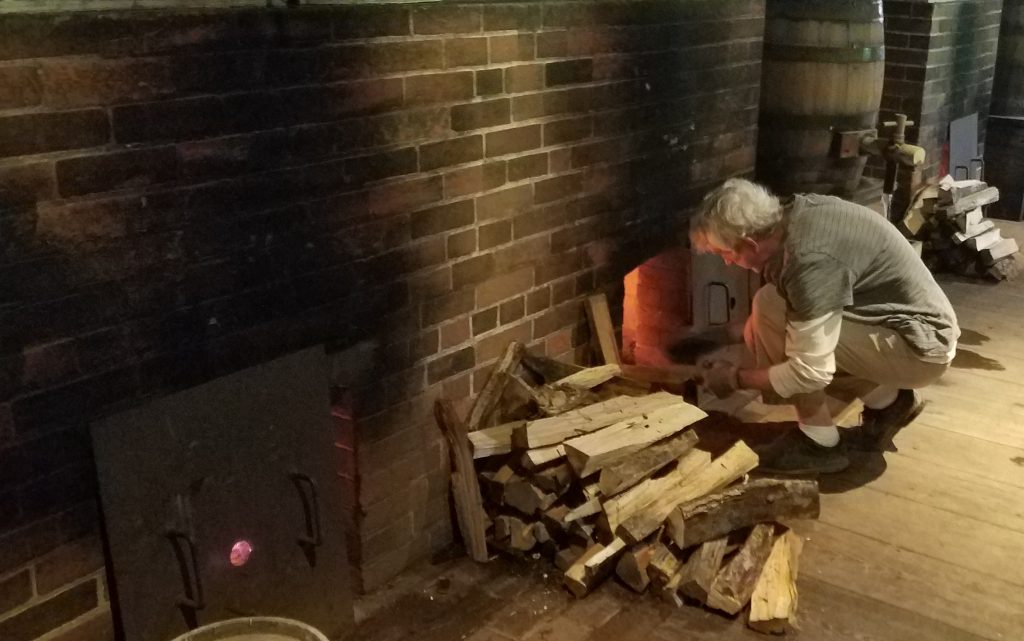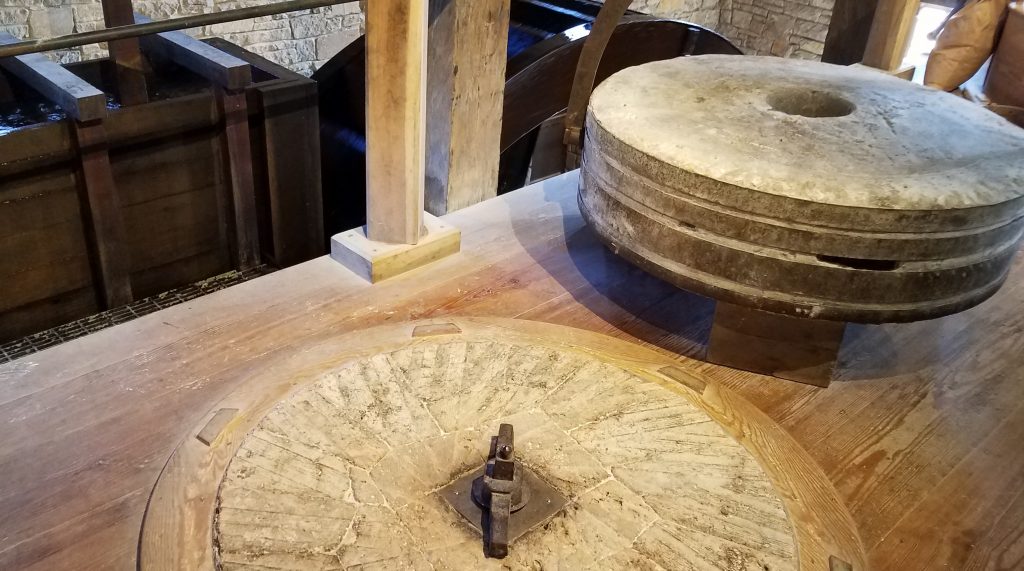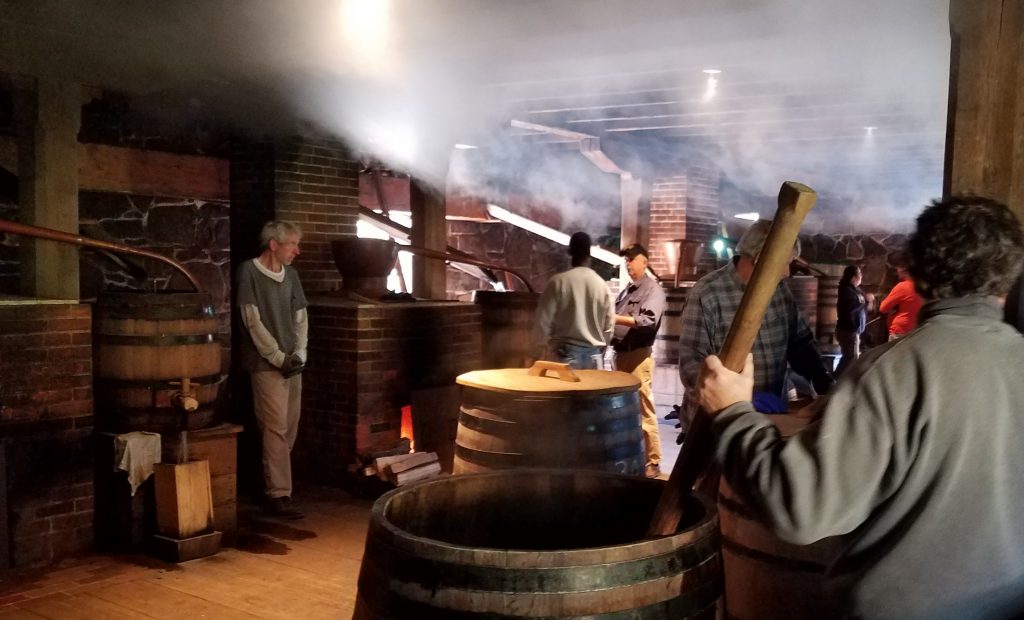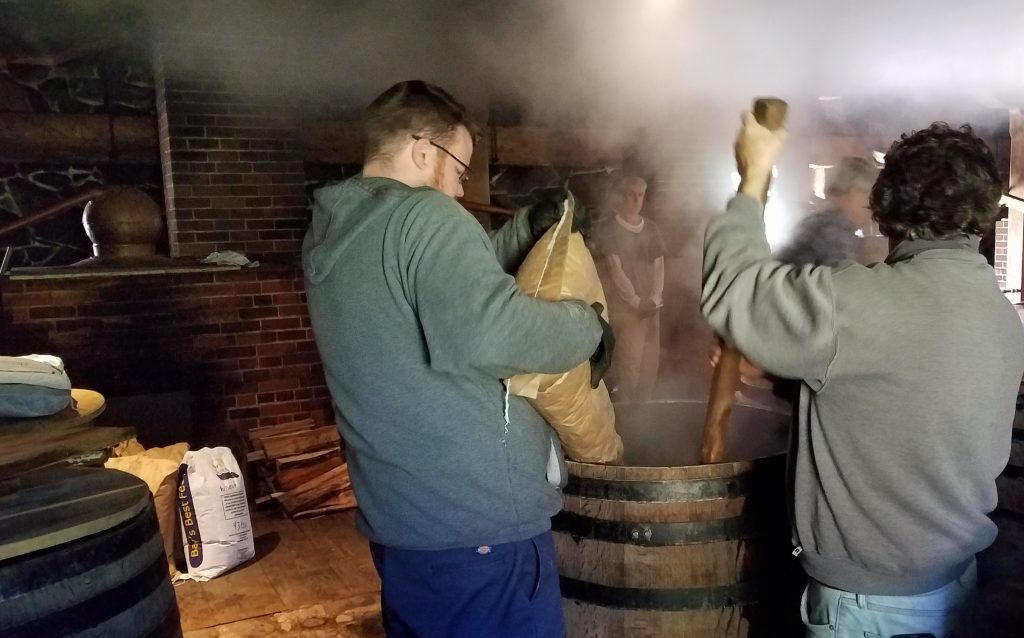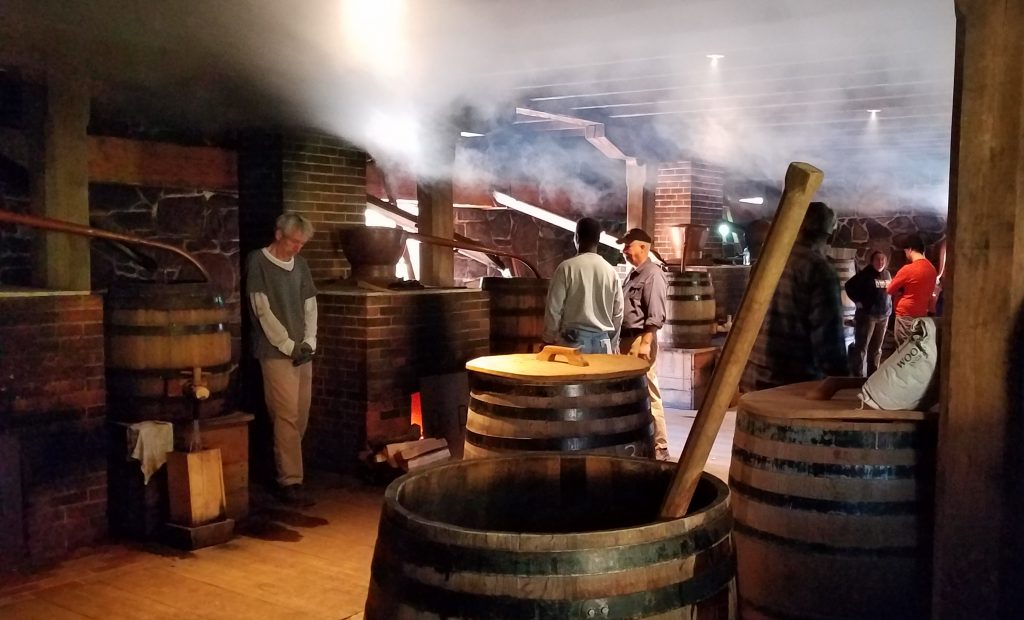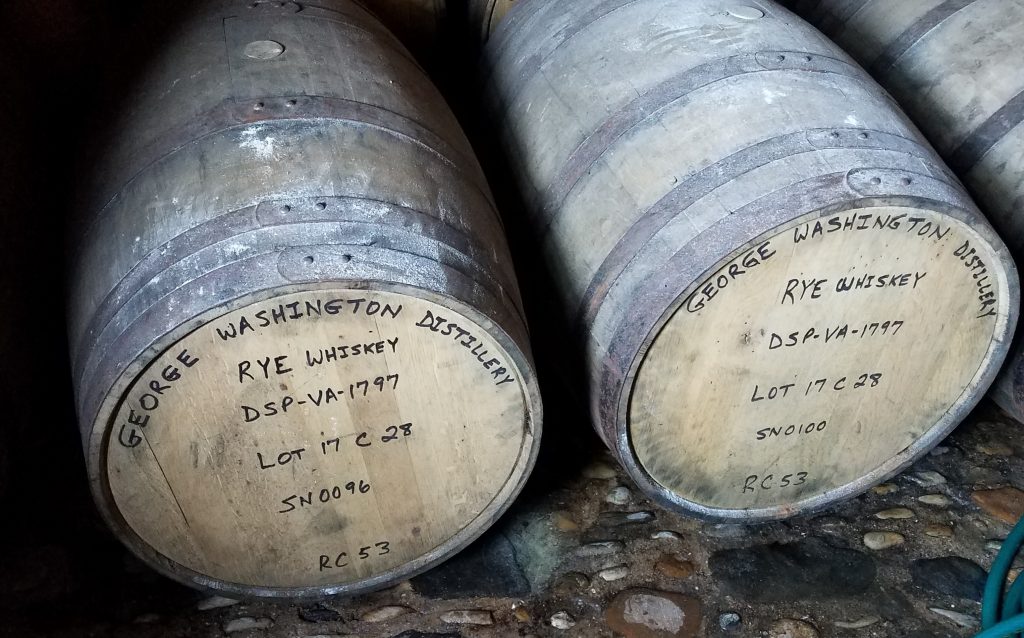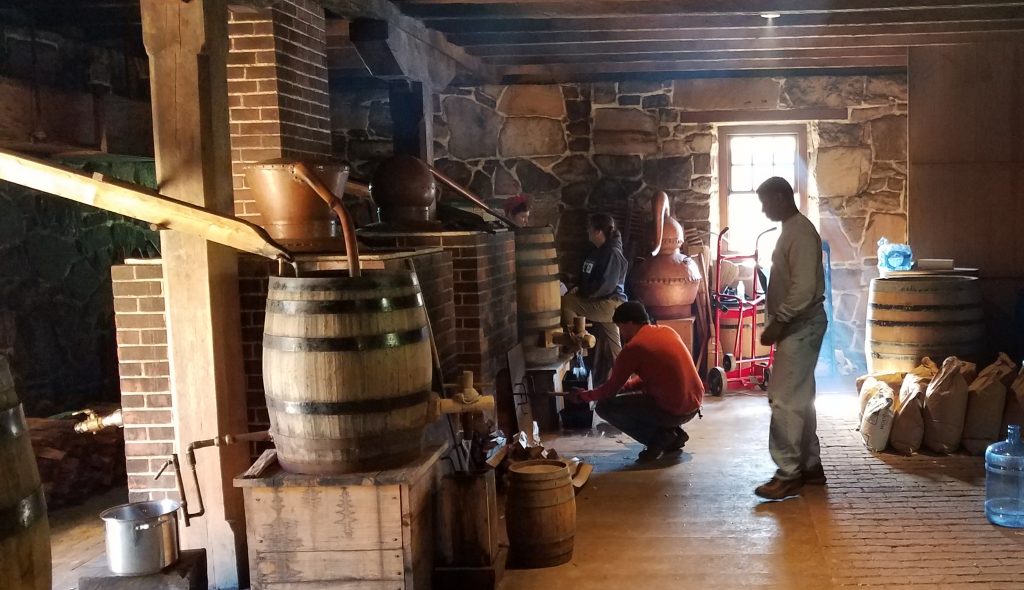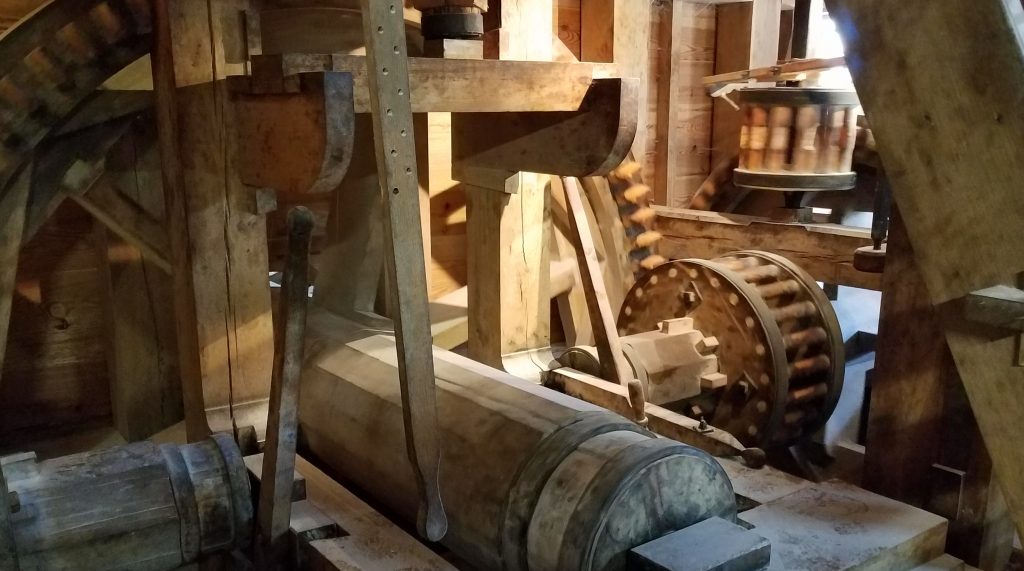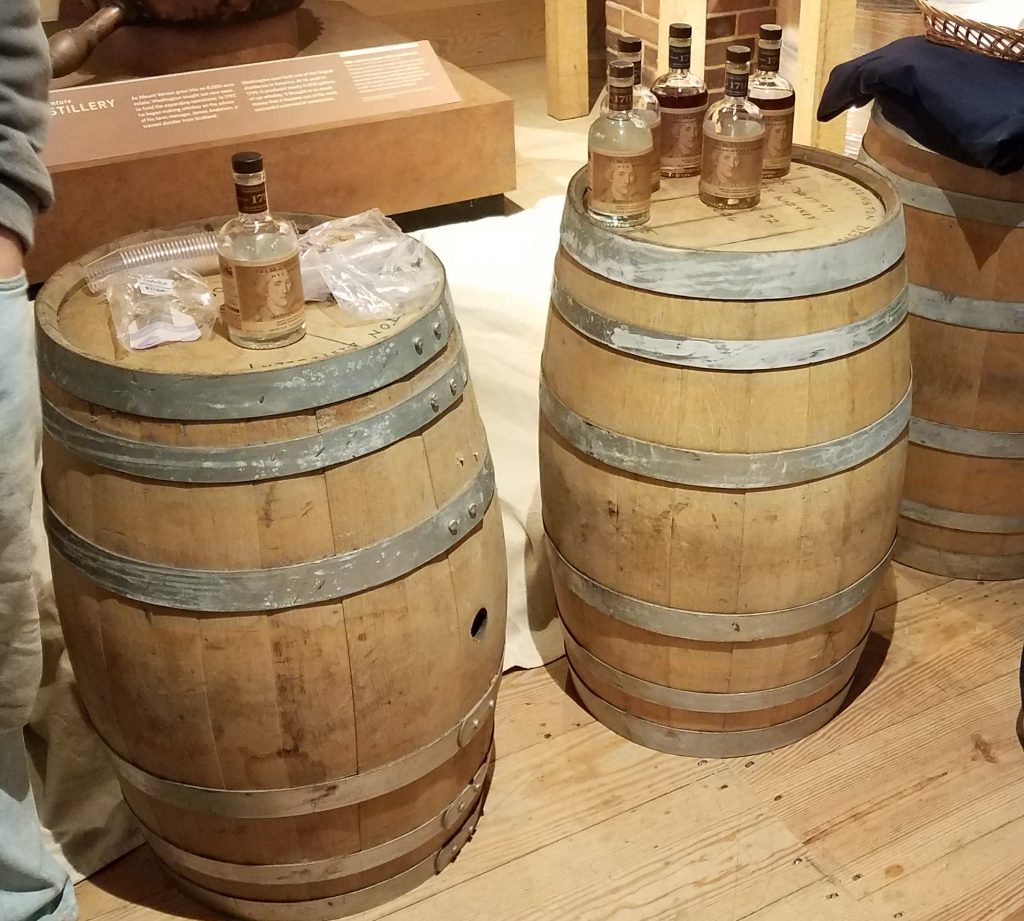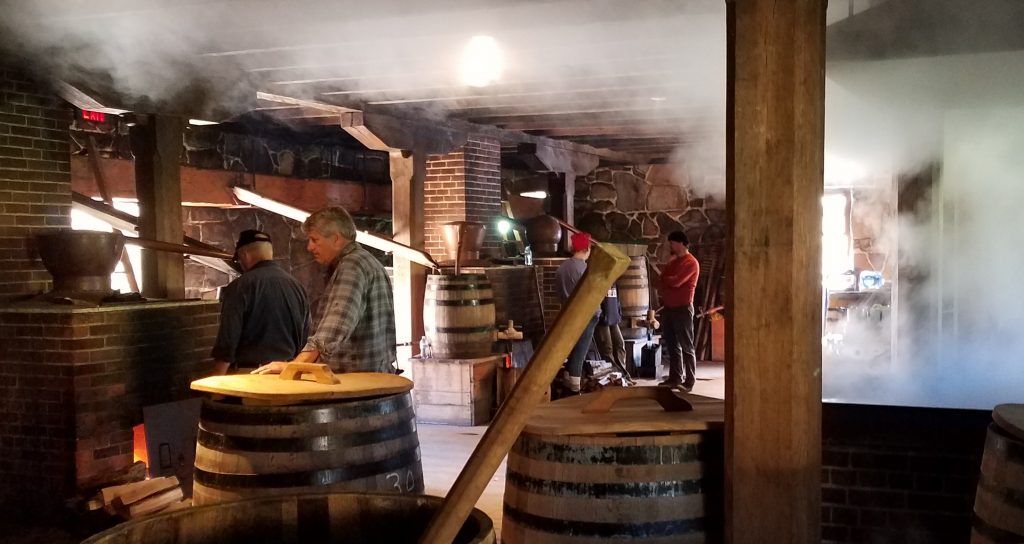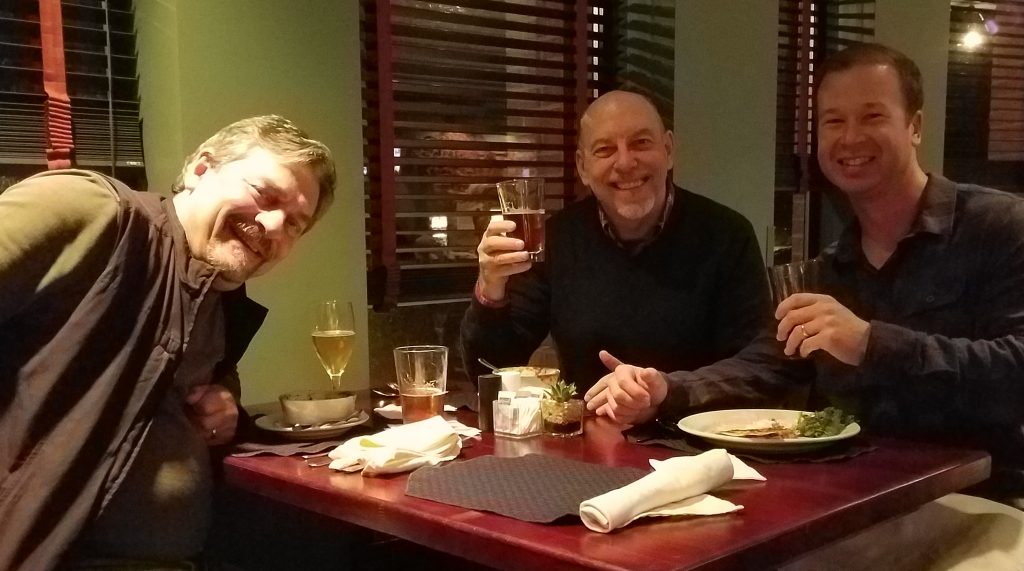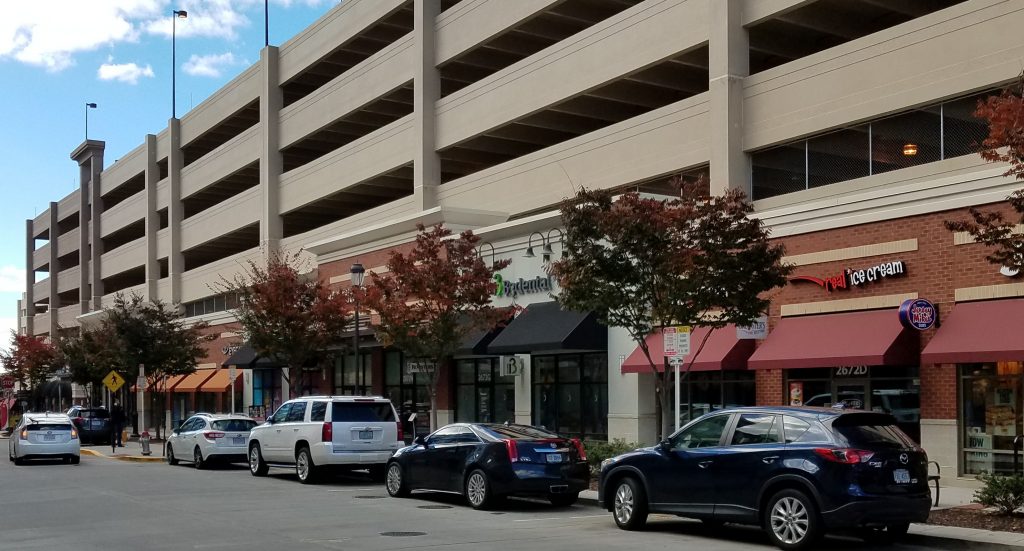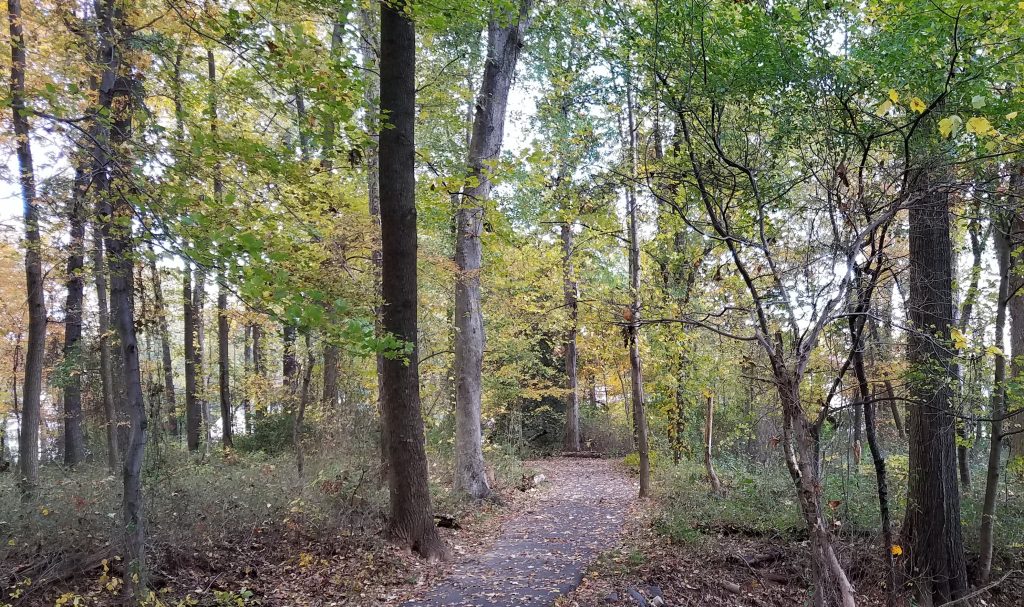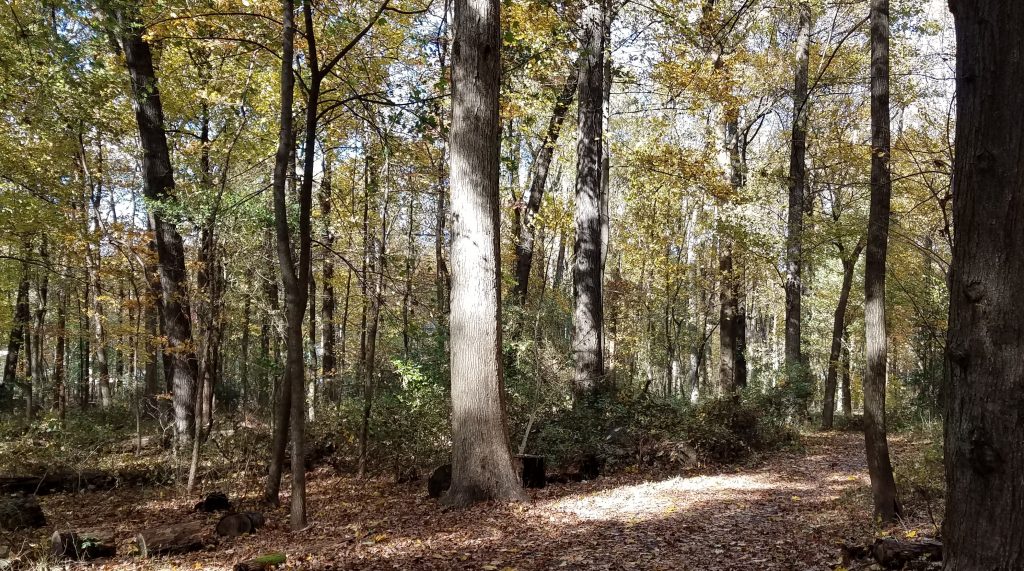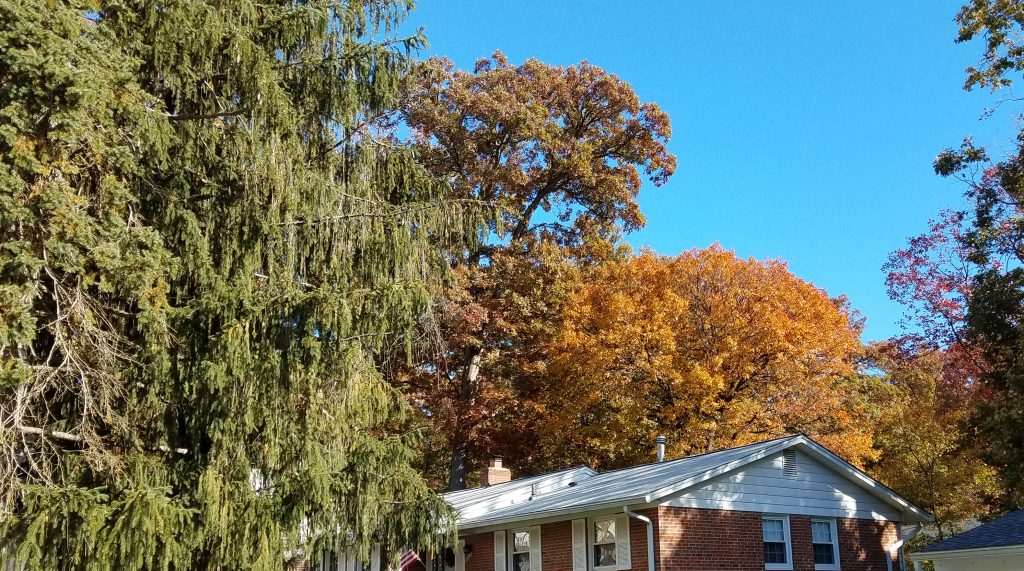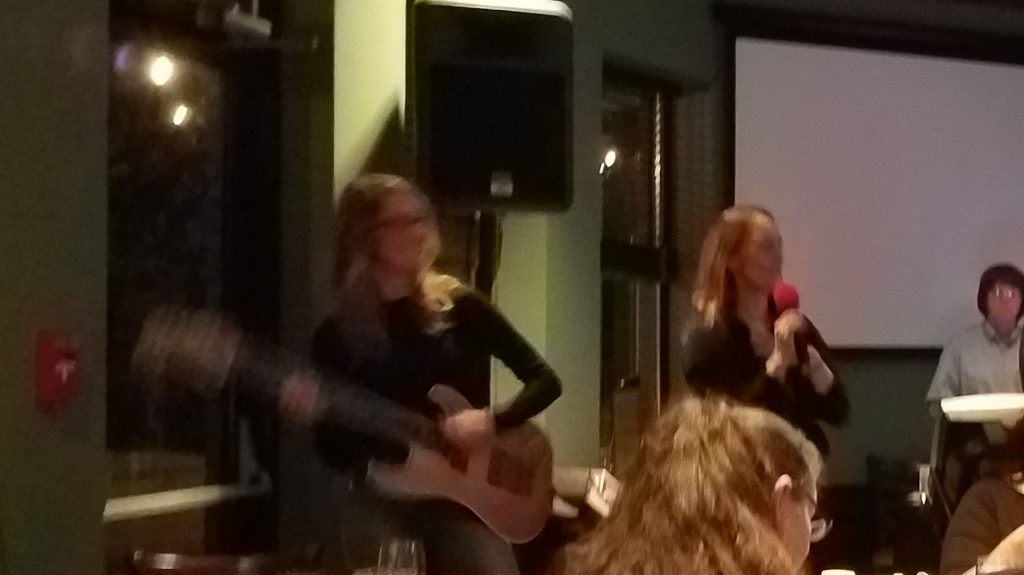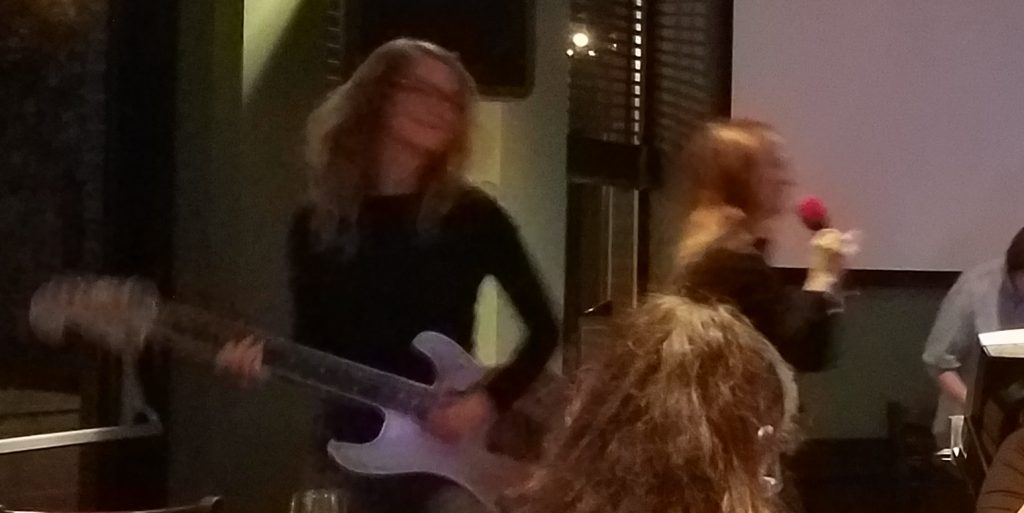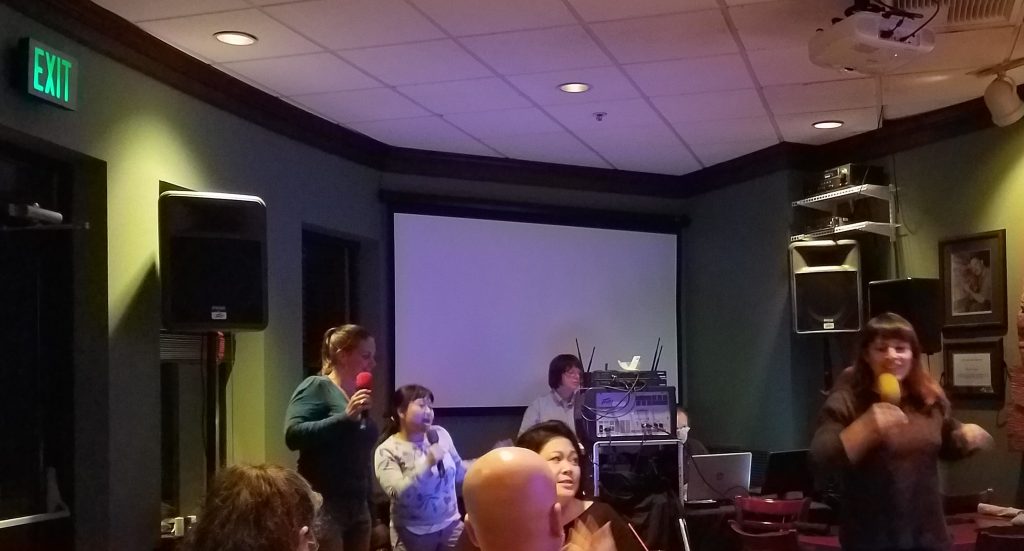I am invited to address a Department of State Public Affairs Officer conference to provide insights from someone who had crossed the bar from active diplomat to retired Foreign Service Officer. Some people in that audience might be reading this. I don’t mind tipping you off to think of questions or counter arguments. I may not get to all the points and may introduce others. It has always been hard for me to stick to a script, even one I wrote myself.
Life in and After the Foreign Service
“I improve the intelligence of any group I join. I like to think this is because I am so smart, but I suspect it more likely that I am so obtuse that others need to explain things to me. In doing so they question assumptions and come up with new solutions.” This is what I wrote in the EER that got me promoted to MC. You wouldn’t think that kind of insouciance would be career enhancing, but then you never know.
I am here to talk about work-life balance. This implies that work and life are separate. But they are no more independent than your heart from the lungs while you are living and breathing. Making work meaningful is key to balanced life. As a retired FSO, I am also here to talk about life after the Foreign Service. It exists, and it is glorious, BTW. I will make brief comments – tell my story -and be ready to respond to your questions and comments.
“Ah, but a man’s reach should exceed his grasp, Or what’s a heaven for?”
Lighten up. You know I am right, and I know it is much easier for me to say than for you to do. Career is important. Promotions have consequences. They are a judgement on us. I still recall the dread of promotion lists. My wife had a friend who got advance copies. She helpfully called my wife and told her when I was not on the list. We take promotions personally, but they are less about you than you think. I served twice on promotion panels. They were big ones: career ending or saving transition panels that promote FS-01 to FE-OC. Promotions are statistical. You don’t always get what you deserve. Good people tend to get promoted faster, but not always. And we all end up in about the same place anyway. The day after you retire is the day you are a former FSO. So, lighten up.
Every FSO needs TWO types of examples. The first one is obvious. We need to think of the best FSOs and try to be like them. I thought of guys like Tom Shannon & Brian Carlson. These are the best. We can be excellent but still not reach a Tom Shannon level, and this is demoralizing. So, we need a second sort of example – high-ranking FSOs who are – shall we say – less competent. I will not name names, but there are a few. The good example makes us reach farther; the other sort is solace when our reach exceeds our grasp. “If that guy can do it, I can too.” This is maybe not a logical or noble sentiment, but it can keep you going during the lean times.
We few, we happy few
We (now you) have the best jobs. We meet great people, learn languages, dive deeply into societies worldwide, explore myriad topics, and they pay us for this. We have remarkable access and opportunity for meaningful work. The FS let me pursue an encompassing passionate interest in learning about one country, its language, society and history, to make it an obsession, and then disengage to move to something completely different. FSOs enjoy an unusual blend of remarkable continuity and radical change. Some of us refer to posts as “incarnations,” because it sometimes seems like we are different people living different lives. On the other hand, we stay in the same career, in the same State Department, in a society of long-term colleagues, subject to the strong gravity of Foggy Bottom. This peculiar combination suited me just fine. It is a unique life. I am sure most of you feel similarly.
I got a lot of status and personal identity from being a Foreign Service Officer – a diplomat. And when I thought about leaving this simultaneously challenging and comfortable environment, about retiring, I was terrified that I would be lost if separated from the Foreign Service. No more incarnations in a system that dominated my life for more than three decades. What was I w/o that?
Becoming a “Gentleman of Leisure”
In each of my Foreign Service assignments I learned things that I could apply in the next. They were new beginnings, but I began with a head start, with more tools to use and more skill in using them. Of course, I could not choose the circumstances where I would deploy them. It is the paradox of skill. The better you get, the more consistent your skill, the bigger role luck plays in the outcomes. I was extraordinarily lucky as PAO in Brazil. Colleagues were so good and so many things went my way that I figured that was the best I could ever do. After that, was senior international advisor at Smithsonian and then I did think tanks and NGOs. I did all I could do, and it was time to go and do something else.
It was also important to me to go out on my own timetable. I didn’t want them to kick me out. That seems less important to me now. Always leave when they still want you to stay. Don’t hang around like a fart in a phone booth.
I decided to become a Gentleman of Leisure, even wrote a job description. The Foreign Service gave me a lifetime of diverse experience, maybe many lifetimes, the incarnations I spoke of above. It also gave me a taste of variety. AND – this is important – the pension and the TSP can support the moderate lifestyle of a Gentleman of Leisure. I have an additional permutation of forest ownership.
My Gentleman of Leisure job makes me a sometime diplomat (WAE), forest owner & land manager, conservationist, and member of a couple boards of directors. I attend lectures and have leisure to read broadly. My life now is like my life in the Foreign Service, with the big difference in that I get to choose where, when and how I work, and I no longer live in dread of those promotion lists.
I have been pleasantly surprised at the easy transition from Foreign Service Officer to Gentleman of Leisure. I am very lucky to have a supportive wife, reasonably good health & a lifestyle within my means, but I think that a big reason for the smooth transition is that it was not so much a transition as a reordering, as I mentioned above, a new incarnation with more freedom.
“I went to the woods because I wished to live deliberately, to front only the essential facts of life, and see if I could not learn what it had to teach, and not, when I came to die, discover that I had not lived.”
Becoming a successful Gentleman of Leisure means that you proactively manage your life and learning, including research & reflection to decide what among many possible interests to follow and mustering self-discipline to pursue them, minimize those wasted days and wasted nights drinking beer and watching reruns on TV. I want to use my freedom to seek meaning in life. Not the meaning OF life. That is unknowable, but finding meaning in life is possible by thinking, doing, reflecting and doing again, each iteration coming closer to excellence, sort of like we should be doing in our diplomatic enterprises.

